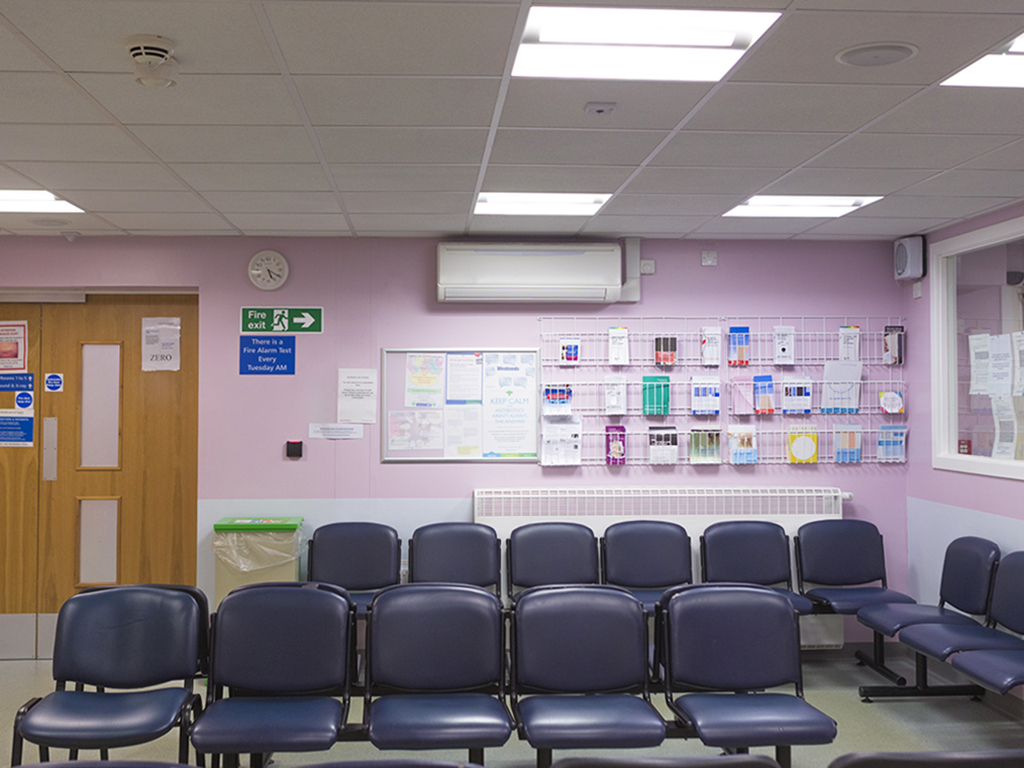
The latest figures show the public’s experience of going to the GP, both in making the appointment and in receiving care, has significantly declined in the past year, as the shortage of GPs and appointments reaches breaking point.
“It’s important to first acknowledge that problems with access to GP appointments are not new, but Covid-19 has exacerbated an already difficult situation,” Charlotte Paddison, senior fellow at heath think tank the Nuffield Trust, wrote last month. “At its heart, the problem facing general practice is a simple mismatch between supply and demand: falling numbers of GPs and rising demand for their care.”
The fact that people are living longer means more years spent in ill health, or with multiple health conditions, is leading to more demand for GP services. But this demand has not been matched with increased hiring.
In September 2015, the full-time-equivalent number of qualified permanent GPs (excluding locums and GPs in training) numbered just under 28,600, according to data from NHS Digital, the health service’s data and technology partner. Almost seven years later, despite growing demand, they number around 26,900.
This is despite multiple pledges from the Conservative Party to increase the number of GPs and the availability of appointments. A key pledge in the 2015 general election was to recruit 5,000 more GPs by 2020, and a similar plan was promised in December 2019, to deliver 6,000 more GPs and 50 million more annual appointments by 2024/25.
The first promise was not never delivered, and the second looks to be going the same way. And now the chronic shortage of GPs, exacerbated by the pandemic, is translating to a clear drop in patient experience, as can be seen in the NHS’s GP Patient Survey, which polls over two million people each year on their experiences at the local doctor. Between 2018 and 2021, satisfaction levels stayed fairly constant for most questions on the survey, but in the most recent survey there were significant drops across many key indicators.
In 2021, 83 per cent of respondents said their overall experience of their GP practice was “very or fairly good”, and 70.6 per cent said the same about their experience of making an appointment. In 2022, these fell to 72.4 per cent and 56.2 per cent, respectively.
Despite the fact that over 85 per cent of respondents still make their GP appointments by phone, only 53 per cent said getting through to the practice using the phone was “very or fairly easy”, a fall of 15 percentage points from 2021.
After the appointment is made, patients do report higher levels of satisfaction when it comes to their actual experience with the GP, with over 90 per cent saying they have confidence in their healthcare professional. But it’s clear that NHS pressures are seeping into patient interactions and care – the percentage of respondents saying their GP was good at listening to them, treating them with care, and giving them enough time, all fell by around five percentage points, to below 85 per cent.
However, the government’s empty commitments to increase the number of GPs, without taking a nuanced approach to patients’ needs, “speaks to a political obsession with the wrong solution”, wrote Paddison.
“These additional appointments would only be valuable if policymakers pursued the right mix of access: rapid for some patients and pre-bookable with continuity for others,” she said. “If not, this will push limited capacity towards just one goal, making it even more difficult to provide support for patients who need more than just one fast appointment with any GP.”
Read more: Here's some advice for the new health secretary
[See also: Why Keir Starmer has borrowed the Tories’ “magic money tree” attack line]




